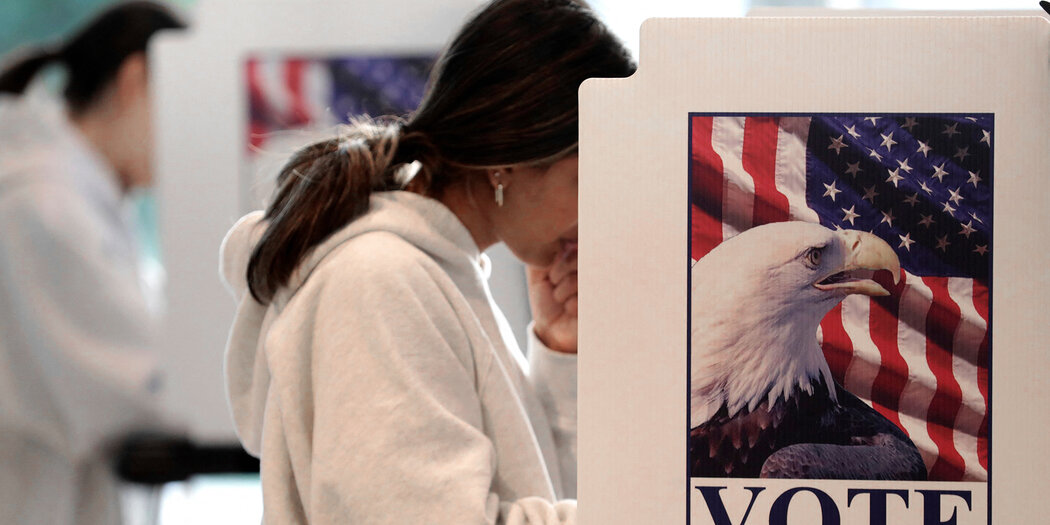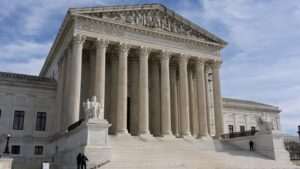This was originally published by Governing.
The SAVE Act: Potential Implications for Voter Registration and Election Officials
In the aftermath of the 2024 election cycle, the United States faces a potential shake-up in its election infrastructure. The Trump administration’s previous decision to cut vital election security resources has left systems vulnerable. Now, Congress is considering the SAVE Act, formally known as the Safeguard American Voter Eligibility Act, which critics argue could have severe consequences for the electoral process.
The SAVE Act proposes new requirements for voter registration, mandating that American citizens present documents such as a birth certificate or passport in person to prove citizenship. This measure could disenfranchise up to 21 million Americans who lack immediate access to these documents, effectively ending online and mail registration options that many voters rely on.
Burdens on Election Officials
The legislation imposes significant burdens on election officials by threatening legal penalties for errors in voter registration. This prospect has sparked concern among election administrators, as nearly 60 of them wrote to Congress, warning that “the SAVE Act places an unfunded, unworkable, and legally risky burden on election administrators without offering the necessary resources or implementation support.”
Under the SAVE Act, states must develop processes for registering citizens without proof of citizenship, while local administrators must verify the adequacy of citizenship documentation. The potential for legal consequences may discourage officials from registering eligible voters, especially in cases where documentation details do not perfectly align, such as in instances involving married women with name changes.
Examples from New Hampshire, where a similar requirement was enacted, illustrate potential complications. There, a woman faced multiple attempts and several hours to register due to document mismatches, and some voters who were initially turned away never returned to complete the process.
Additional Concerns for Election Administration
The SAVE Act’s demands could exacerbate the ongoing exodus of election officials, a trend that has been increasing due to harassment and threats since the 2020 election. Implementing the Act would require election officials to develop new forms, processes, and public education initiatives, all without federal funding, further straining their resources.
Additionally, a federal mandate requiring proof of citizenship could result in a dual-track election system, where separate processes are needed for federal and state elections. This complexity could lead to significant confusion and disruption in the electoral process.
Moreover, the SAVE Act would push for inaccurate voter roll purges, potentially removing eligible voters without adequate notice or verification. This aspect of the bill raises significant concerns, as current systems already have measures to ensure that only U.S. citizens can vote.
Ultimately, the SAVE Act might lead to the exclusion of millions of voters without enhancing election security. The proposal has sparked significant debate, urging Congress to carefully consider its potential impacts before proceeding.






